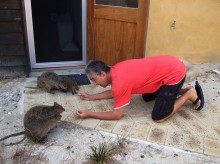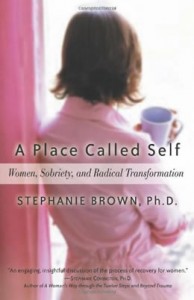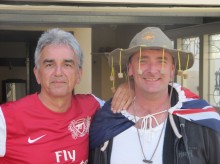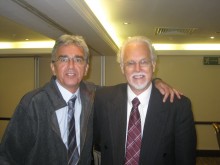 I first met ‘Natalie’ over 12 years ago when I lived in South Wales. I will never forget how she emphasised the importance of providing online support for people with substance use problems. She had been desperate to find helpful online information when she trying to overcome her drug problem.
I first met ‘Natalie’ over 12 years ago when I lived in South Wales. I will never forget how she emphasised the importance of providing online support for people with substance use problems. She had been desperate to find helpful online information when she trying to overcome her drug problem.
Natalie has always been such an inspiration to people around her. Mind you, many people had to first get over the shock of finding that such a lovely lady had once been a heroin addict.
We left Natalie in Part 1 of this Story in the pre-treatment part of a 12-step treatment programme.




 In my blogs, I will be exploring the nature of recovery and will sometimes focus on the ideas of someone else (or a group of people). I’ve previously looked at how David Best has talked about “What is Recovery?” David described key principles underlying addiction recovery.
In my blogs, I will be exploring the nature of recovery and will sometimes focus on the ideas of someone else (or a group of people). I’ve previously looked at how David Best has talked about “What is Recovery?” David described key principles underlying addiction recovery. Peapod was one of the most prolific and respected bloggers on Wired In To Recovery before going into ‘retirement’.
Peapod was one of the most prolific and respected bloggers on Wired In To Recovery before going into ‘retirement’.








